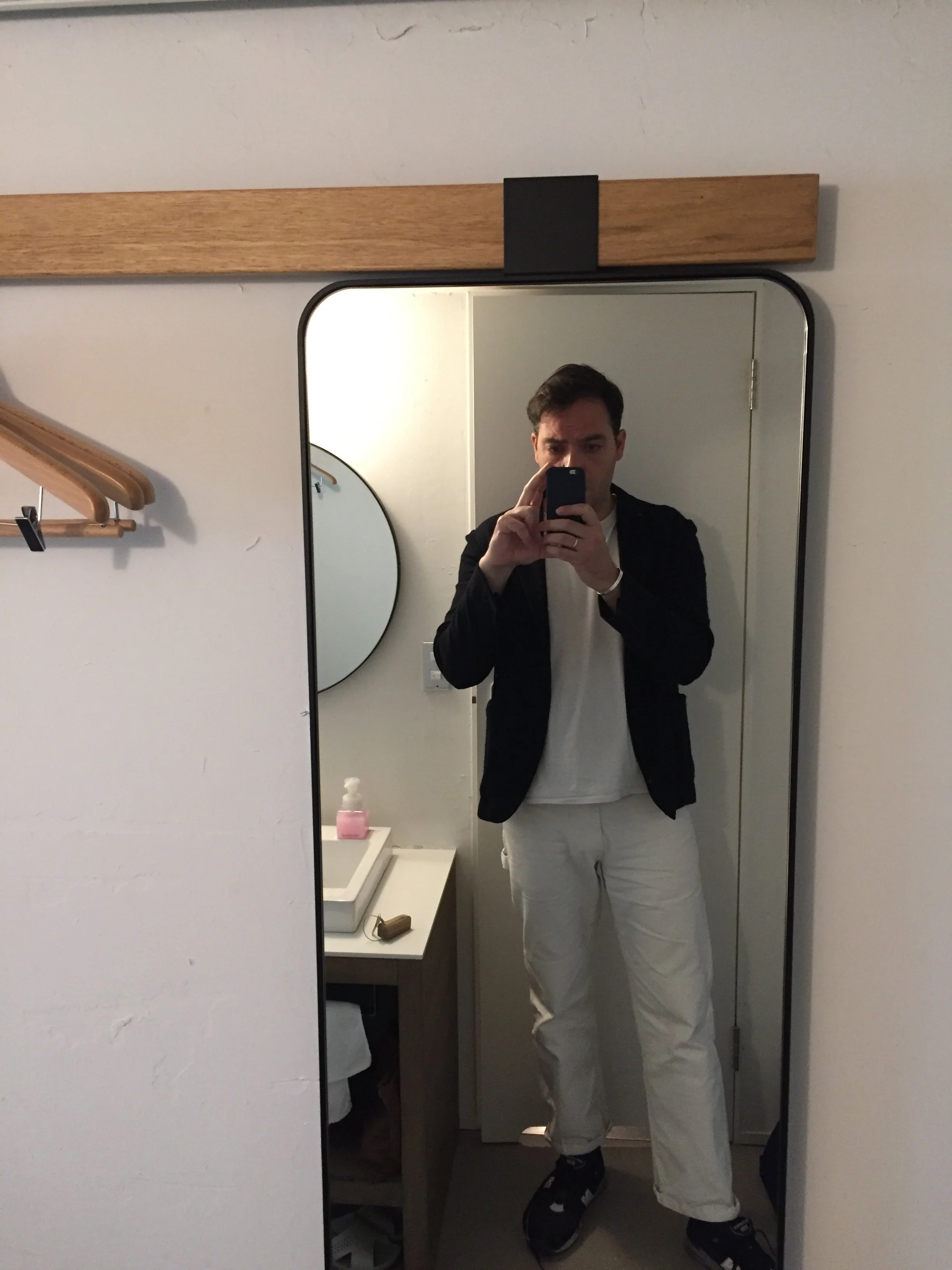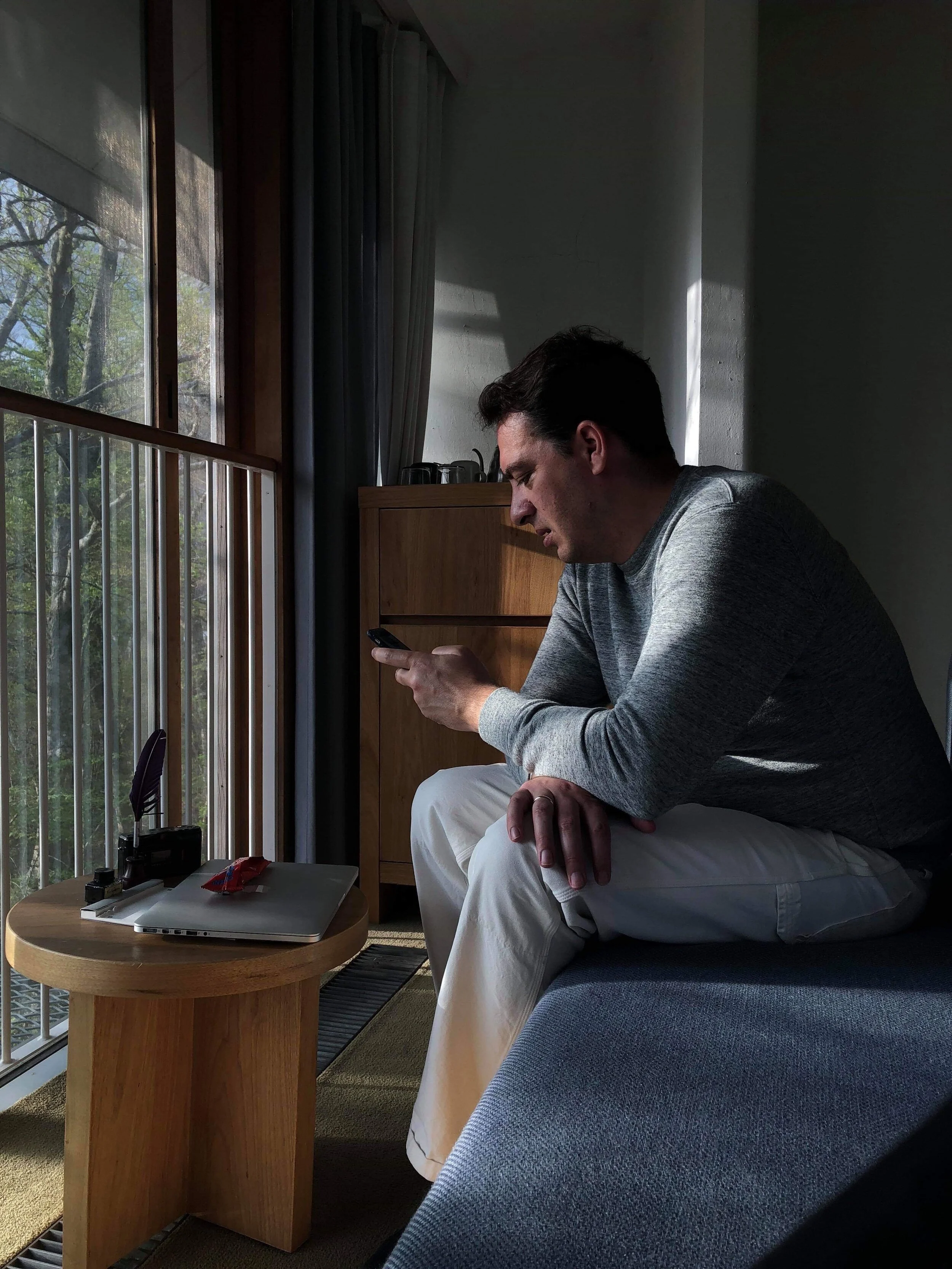Ira: How do you stay inspired?
Chris: Well I can’t afford to not be inspired. Looking back I’ve realised that a lot of the issues I’ve made mostly on my own and for Issue 10 for example, I think I did almost all the stories myself. And despite that, I still managed to create something that was not boring or repetitive. That thought is certainly something that keeps me going. The other thing would be traveling. Athens is a place that can get very depressing, and regardless of the lifestyle you might have here, it still brings you down at times. So traveling is definitely one of the thinks keeping me afloat. And then my constant source of inspiration are the books that I read and the movies I watch. I’ve realised that if I don't watch a new movie or get a new record for a while I will feel really down. Movies especially really do the trick for me. I can watch one good movie and get a month’s worth of inspiration.
Ira: What is a movie that has had a profound impact on you?
Chris: I like Asian cinema a lot, and I really like Edward Yang’s movies. There is a movie of his that watch maybe once a year, it’s called Yi Yi. Now that I’m making the new Issue of Kennedy I will probably re-watch it, to get inspired.
Ira: Talk to me about the Athens and Greece that you portray in your photographs.
Chris: You’ve probably realised yourself that Athens is not what it used to be. If I could like give you a peak into the version of Athens I have in my head, it would be perfectly incapsulated through these photographs Spyros Staveris took in Omonia around the early 90s. Now that Athens has been gentrified and even places like Omonia have changed. There's nothing there anymore, no cinemas, no record stores. This is this side of Athens I like I don't like; the one that is now full of nice restaurants everywhere and full of tourists. It's really different, in a way, but at the same time, it’s still the same. I like to think that the Athens in my photographs is honest. Even if I’m shooting something depressing or something dirty, to me it is what it is. I cannot make it be something different.
Ira: You have undoubtedly managed to create a style that is very recognisable and your own. How was the process of finding your image?
Chris: That process started 20 years ago. Photography is all I’ve ever done. I worked at a record store once when I was 22, but apart from that, I’ve never done anything else in my life. When I look back at my photographs from 10 years ago, they're really different from the ones I take now. You might find some resemblance in some elements, but I think my images have truly changed these last 6-7 years. I think my photography has become a lot more personal during this time. And one of the reasons I think it might be appealing is because it's photography that people can identify with; it doesn't feel far fetched or impossible to recreate yourself. I try to apply that philosophy even when I shoot fashion. Another element that is important to me is the light in a photo; I will never take a photo with uninteresting light. And the color, since I only shoot color.


